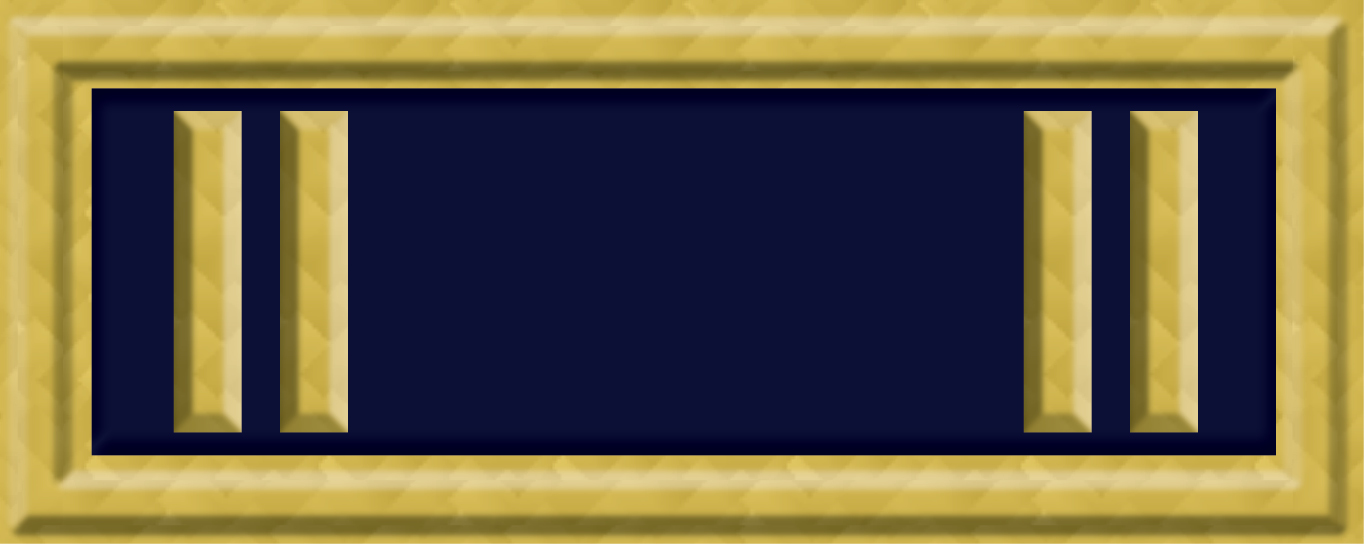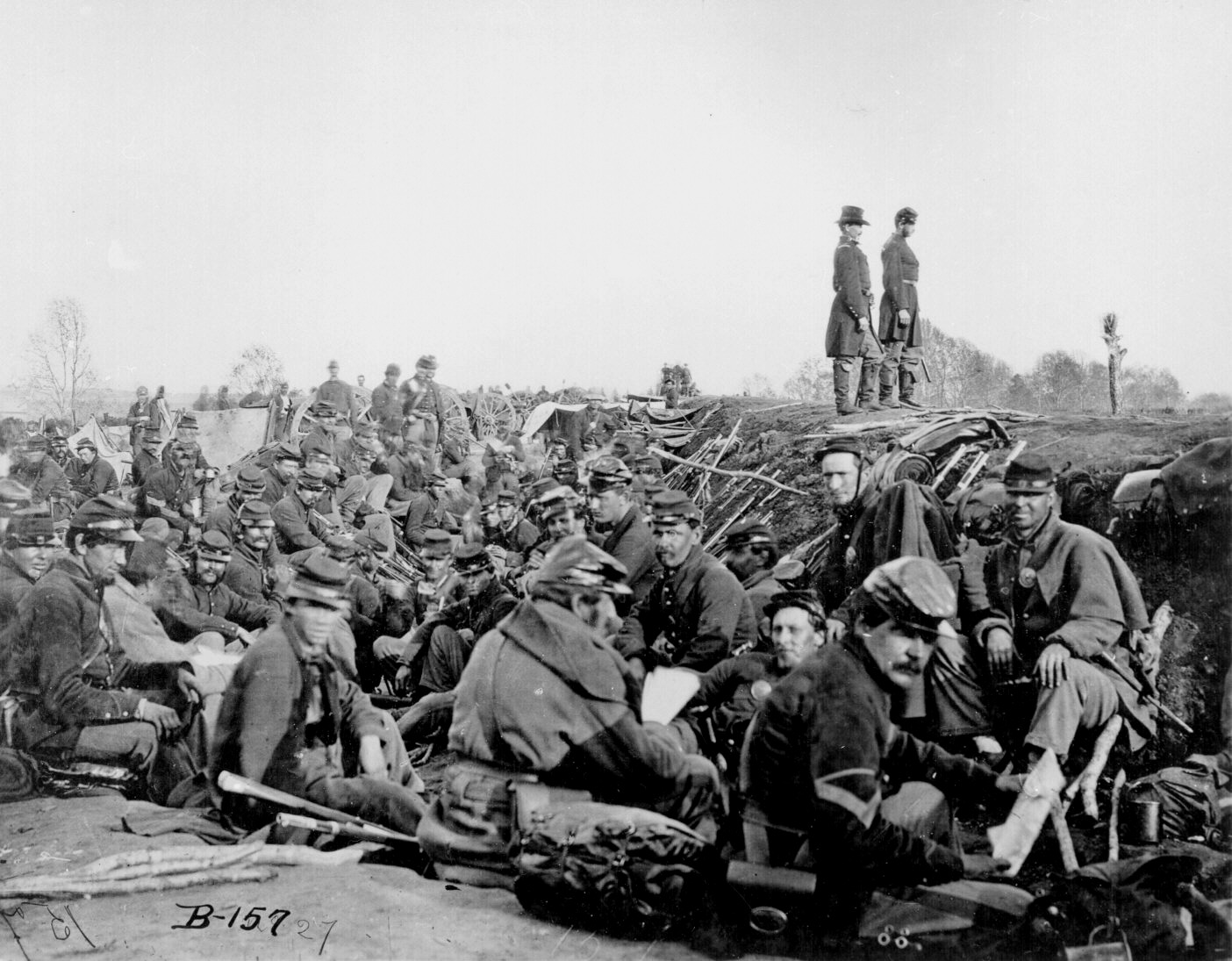|
George T. Anderson
George Thomas Anderson (February 3, 1824 – April 4, 1901) was a general in the Confederate States Army during the American Civil War. Nicknamed "Tige", Anderson was noted as one of Robert E. Lee's hardest-fighting subordinates. Early life and career Anderson was born in Covington, Georgia, and attended Emory University before departing to serve as a second lieutenant of Georgia cavalry during the Mexican–American War. From 1848 until 1850, he was a major general of the 11th Division of the Georgia Militia. He received a commission as a captain in the 1st U.S. Cavalry in 1855, only to resign in 1858.Marquis Who's Who, Inc. ''Who Was Who in American History, the Military''. Chicago: Marquis Who's Who, 1975. P. 11 Civil War service When the Civil War broke out, Anderson joined the Confederate Army in the insurrection of his home state. He became colonel of the 11th Georgia Infantry regiment but arrived too late to participate in the First Battle of Bull Run. He saw battle d ... [...More Info...] [...Related Items...] OR: [Wikipedia] [Google] [Baidu] |
Covington, Georgia
Covington is a city in the U.S. state of Georgia and the seat of Newton County, and is part of the Atlanta metropolitan area. As of the 2020 census, its population was 14,192. History Covington was founded by European immigrants to the United States. It was incorporated in 1821 as the seat of the newly organized Newton County. Covington was named for United States Army Brigadier General and United States Congressman Leonard Covington, a hero of the War of 1812. The settlement grew with the advent of the railroad in 1845. Covington incorporated as a city in 1854. In 1864, General Sherman's troops marched through during their March to the Sea. Although they looted the city, destroying numerous buildings, several antebellum homes were spared. Historic districts The Covington Historic District and the North Covington Historic District within the city are both listed on the National Register of Historic Places. The maps and materials describing these two districts are availa ... [...More Info...] [...Related Items...] OR: [Wikipedia] [Google] [Baidu] |
Battle Of Fredericksburg
The Battle of Fredericksburg was fought December 11–15, 1862, in and around Fredericksburg, Virginia, in the Eastern Theater of the American Civil War. The combat between the Union Army, Union Army of the Potomac commanded by Major general (United States), Maj. Gen. Ambrose Burnside and the Confederate States Army, Confederate Army of Northern Virginia under General officers in the Confederate States Army#General, Gen. Robert E. Lee included futile frontal attacks by the Union army on December 13 against entrenched Confederate States of America, Confederate against a feature of the battlefield that came to be remembered as the 'sunken wall' on the heights overlooking the city. It is remembered as one of the most one-sided battles of the war, with Union casualties more than twice as heavy as those suffered by the Confederates. A visitor to the battlefield described the battle as a "butchery" to President of the United States, U.S. President Abraham Lincoln. Burnside planned to ... [...More Info...] [...Related Items...] OR: [Wikipedia] [Google] [Baidu] |
Georgia Militia
The Georgia Militia existed from 1733 to 1879. It was originally planned by General James Oglethorpe before the founding of the Province of Georgia, the Crown colony that would become the U.S. state of Georgia. One reason for the founding of the colony was to act as a buffer between the Spanish settlements in Florida and the British colonies to the north. For background with respect to the region's Native Americans, see the Yamasee War (1715–1717) and Cherokee–American wars (1776–1795). Gordon Smith states, "'ante-bellum' Georgia was in an almost constant swirl of 'war or rumors of war'" due to the presence of Tories, Indians, bandits, privateers, and border disputes with France and Spain. "Central to the American concept of a republican democracy, composed as it was of citizen-soldiers, the militia system was essential to the political and social structure. The basic building blocks at the bottom of the Georgia Militia pyramid were the general militia districts. Formally ... [...More Info...] [...Related Items...] OR: [Wikipedia] [Google] [Baidu] |
Cavalry
Historically, cavalry (from the French word ''cavalerie'', itself derived from ''cheval'' meaning "horse") are groups of soldiers or warriors who Horses in warfare, fight mounted on horseback. Until the 20th century, cavalry were the most mobile of the combat arms, operating as light cavalry in the roles of reconnaissance, Screening (tactical), screening, and skirmisher, skirmishing, or as heavy cavalry for decisive economy of force and shock attacks. An individual soldier in the cavalry is known by a number of designations depending on era and tactics, such as a cavalryman, Equestrianism, horseman, trooper (rank), trooper, cataphract, knight, Drabant Corps of Charles XII, drabant, hussar, uhlan, mamluk, cuirassier, lancer, dragoon, samurai or horse archer. The designation of ''cavalry'' was not usually given to any Military animal, military forces that used other animals or platforms for mounts, such as chariots, Camel cavalry, camels or War elephant, elephants. Infantry who m ... [...More Info...] [...Related Items...] OR: [Wikipedia] [Google] [Baidu] |
Georgia (U
Georgia most commonly refers to: * Georgia (country), a country in the South Caucasus * Georgia (U.S. state), a state in the southeastern United States Georgia may also refer to: People and fictional characters * Georgia (name), a list of people and fictional characters with the female given name * Georgia (musician) (born 1990), English singer, songwriter, and drummer Georgia Barnes Places Historical polities * Kingdom of Georgia, a medieval kingdom * Kingdom of Eastern Georgia, a late medieval kingdom * Kingdom of Western Georgia, a late medieval kingdom * Georgia Governorate, a subdivision of the Russian Empire * Georgia within the Russian Empire * Democratic Republic of Georgia, a country established after the collapse of the Russian Empire and later conquered by Soviet Russia. * Georgian Soviet Socialist Republic, a republic within the Soviet Union * Republic of Georgia (1990–1992), Republic of Georgia, a republic in the Soviet Union which, after the collapse of the U ... [...More Info...] [...Related Items...] OR: [Wikipedia] [Google] [Baidu] |
Emory University
Emory University is a private university, private research university in Atlanta, Georgia, United States. It was founded in 1836 as Emory College by the Methodist Episcopal Church and named in honor of Methodist bishop John Emory. Its main campus is in Druid Hills, Georgia, Druid Hills, from downtown Atlanta. Emory University comprises nine undergraduate, graduate, and professional schools, including Emory College of Arts and Sciences, Goizueta Business School, Nell Hodgson Woodruff School of Nursing, Oxford College of Emory University, Oxford College, Emory University School of Medicine, Emory University School of Law, Rollins School of Public Health, Candler School of Theology, and Laney Graduate School. Emory University enrolls nearly 16,000 students from the U.S. and over 100 foreign countries. Emory Healthcare is the largest healthcare system in the state of Georgia (U.S. state), Georgia and comprises seven major hospitals, including Emory University Hospital and Emory Un ... [...More Info...] [...Related Items...] OR: [Wikipedia] [Google] [Baidu] |
Robert E
The name Robert is an ancient Germanic given name, from Proto-Germanic "fame" and "bright" (''Hrōþiberhtaz''). Compare Old Dutch ''Robrecht'' and Old High German ''Hrodebert'' (a compound of '' Hruod'' () "fame, glory, honour, praise, renown, godlike" and ''berht'' "bright, light, shining"). It is the second most frequently used given name of ancient Germanic origin.Reaney & Wilson, 1997. ''Dictionary of English Surnames''. Oxford University Press. It is also in use as a surname. Another commonly used form of the name is Rupert. After becoming widely used in Continental Europe, the name entered England in its Old French form ''Robert'', where an Old English cognate form (''Hrēodbēorht'', ''Hrodberht'', ''Hrēodbēorð'', ''Hrœdbœrð'', ''Hrœdberð'', ''Hrōðberχtŕ'') had existed before the Norman Conquest. The feminine version is Roberta. The Italian, Portuguese, and Spanish form is Roberto. Robert is also a common name in many Germanic languages, including En ... [...More Info...] [...Related Items...] OR: [Wikipedia] [Google] [Baidu] |
Confederate States Army
The Confederate States Army (CSA), also called the Confederate army or the Southern army, was the Military forces of the Confederate States, military land force of the Confederate States of America (commonly referred to as the Confederacy) during the American Civil War (1861–1865), fighting against the United States forces to support the rebellion of the Southern states and uphold and expand Slavery in the United States, the institution of slavery. On February 28, 1861, the Provisional Confederate Congress established a provisional volunteer army and gave control over military operations and authority for mustering state forces and volunteers to the newly chosen Confederate States president, Jefferson Davis (1808–1889). Davis was a graduate of the United States Military Academy, on the Hudson River at West Point, New York, and colonel of a volunteer regiment during the Mexican–American War (1846–1848). He had also been a United States senator from Mississippi and served a ... [...More Info...] [...Related Items...] OR: [Wikipedia] [Google] [Baidu] |
Siege Of Petersburg
The Richmond–Petersburg campaign was a series of battles around Petersburg, Virginia, fought from June 9, 1864, to March 25, 1865, during the American Civil War. Although it is more popularly known as the siege of Petersburg, it was not a classic military siege, in which a city is Encirclement, encircled with fortifications blocking all routes of ingress and egress, nor was it strictly limited to actions against Petersburg. The campaign consisted of nine months of trench warfare in which Union Army, Union forces commanded by Lieutenant general (United States), Lieutenant General Ulysses S. Grant assaulted Petersburg unsuccessfully and then constructed trench lines that eventually extended over from the eastern outskirts of Richmond, Virginia, to around the eastern and southern outskirts of Petersburg. Petersburg was crucial to the supply of Confederate States Army, Confederate General (CSA), General Robert E. Lee's army and the Confederate States of America, Confederate capi ... [...More Info...] [...Related Items...] OR: [Wikipedia] [Google] [Baidu] |
Battle Of Cold Harbor
The Battle of Cold Harbor was fought during the American Civil War near Mechanicsville, Virginia, from May 31 to June 12, 1864, with the most significant fighting occurring on June 3. It was one of the final battles of Union Lt. Gen. Ulysses S. Grant's Overland Campaign, and is remembered as one of American history's most lopsided battles. Thousands of Union soldiers were killed or wounded in the frontal assault of June 3 against the fortified positions of Confederate Gen. Robert E. Lee's army—an action that intensified criticism of Grant's perceived indifference to heavy casualties. On May 31, as Grant's army once again swung around the right flank of Lee's army, Union cavalry seized the crossroads of Old Cold Harbor, about 10 miles northeast of the Confederate capital of Richmond, Virginia, holding it against Confederate attacks until the Union infantry arrived. Both Grant and Lee, whose armies had suffered enormous casualties in the Overland Campaign, received reinforc ... [...More Info...] [...Related Items...] OR: [Wikipedia] [Google] [Baidu] |
Battle Of Spotsylvania Court House
The Battle of Spotsylvania Court House, sometimes more simply referred to as the Battle of Spotsylvania (or the 19th-century spelling Spottsylvania), was the second major battle in Lt. Gen. Ulysses S. Grant and Maj. Gen. George G. Meade's 1864 Overland Campaign of the American Civil War. Following the bloody but inconclusive Battle of the Wilderness, Grant's army disengaged from Confederate General Robert E. Lee's army and moved to the southeast, attempting to lure Lee into battle under more favorable conditions. Elements of Lee's army beat the Union army to the critical crossroads of the Spotsylvania Court House in Spotsylvania County, Virginia, and began entrenching. Fighting occurred on and off from May 8 through May 21, 1864, as Grant tried various schemes to break the Confederate line. In the end, the battle was tactically inconclusive, but both sides declared victory. The Confederacy declared victory because they were able to hold their defenses. The United States decl ... [...More Info...] [...Related Items...] OR: [Wikipedia] [Google] [Baidu] |






